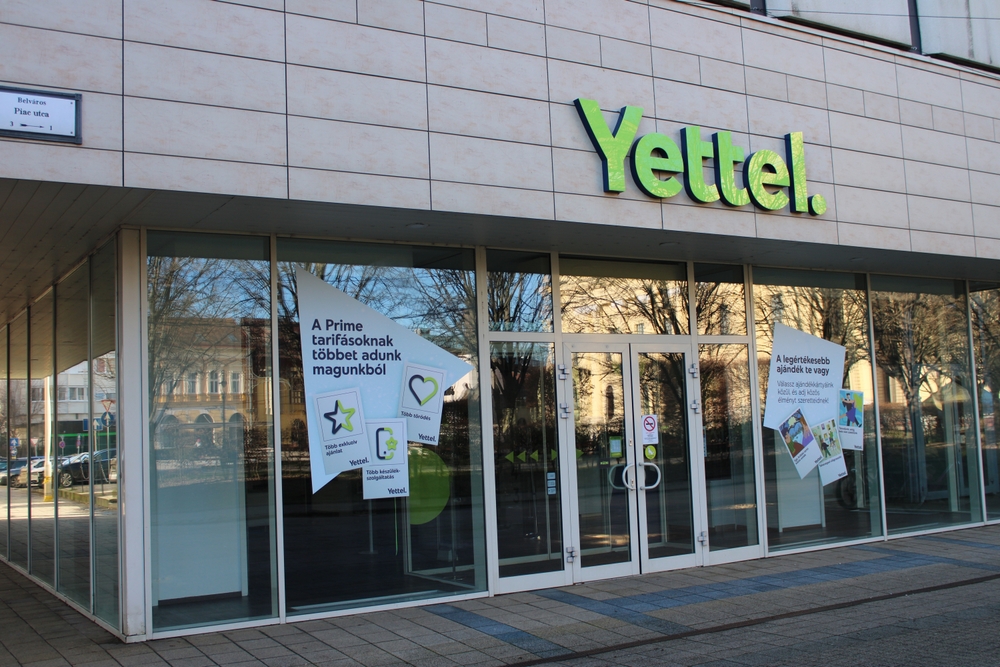Deficit confirmed nearing 40% of full-year target

Hungaryʼs cash flow-based general government, excluding local councils, ran a HUF 526.6 billion deficit at the end of February, the Ministry for National Economy confirmed on Wednesday. The headline figure was unchanged from preliminary data released on March 7.
Total budget revenues for January-February 2018 amounted to HUF 2,805 billion, while expenditures totaled HUF 3,332 bln. This compares to figures of HUF 2,775 bln and HUF 2,595 bln, respectively, in January-February 2017, noted state news wire MTI.
The deficit in the first two months amounts to 38.7% of the full-year target of HUF 1,360.7 bln, according to the second reading of data released by the ministry.
The central budget ran a HUF 599.5 bln deficit, while the social insurance funds were HUF 52.8 bln in the black at the end of February. Separate state funds also ran a HUF 20.1 bln surplus.
In February alone, the general government, excluding local councils, ran a HUF 333.8 bln deficit, MTI-Econews calculated.
According to the ministry, advance payments on European Union funding made by the government reached HUF 492 bln in the first two months of the year, compared to HUF 153.3 bln in the first two months of 2017. This significantly raised the deficit as by the end of February the government had only received HUF 17.9 bln of EU development financing for these projects.
Expenditures were also higher because of funding allocated for the Modern Cities Program and the shorter deadline in which the tax office had to make tax rebates to "trusted taxpayers." The latter raised expenditures by HUF 200 bln, the ministry noted.
The government still expects economic growth to be above 4% this year and the deficit to meet the target of 2.4% of GDP calculated according to EU accounting rules.
PIT revenues up on higher wages
The ministry said that in January-February revenues from personal income tax (PIT) were 17% higher than in the base period because of favorable economic trends and government policies such as wage hikes for government employees and higher minimum wages. Revenues from PIT were up HUF 57.6 bln to HUF 388.8 bln.
Corporate tax income in January-February was a negative HUF 5.7 bln, down HUF 103.3 bln compared to the first two months of 2017, due to the knock-on effects of tax advance supplement provisions from last year. Income from value-added tax was HUF 413.5 bln, down by HUF 123.3 bln. Income from excise tax, at HUF 150.9 bln, was up by around HUF 14.1 bln.
Income from the financial transaction duty was up HUF 2 bln at HUF 44.1 bln, but the net effect of the extraordinary bank levy was a negative HUF 3.5 bln for the first two months.
Income from budgetary institutions was significant in January-February as revenues increased to HUF 437.7 bln, up from HUF 298.1 bln a year before. Some HUF 156.2 bln came in the form of direct payments to several institutions as advanced subsidies for various projects from 2014-2020 EU cohesion funds.
SUPPORT THE BUDAPEST BUSINESS JOURNAL
Producing journalism that is worthy of the name is a costly business. For 27 years, the publishers, editors and reporters of the Budapest Business Journal have striven to bring you business news that works, information that you can trust, that is factual, accurate and presented without fear or favor.
Newspaper organizations across the globe have struggled to find a business model that allows them to continue to excel, without compromising their ability to perform. Most recently, some have experimented with the idea of involving their most important stakeholders, their readers.
We would like to offer that same opportunity to our readers. We would like to invite you to help us deliver the quality business journalism you require. Hit our Support the BBJ button and you can choose the how much and how often you send us your contributions.











